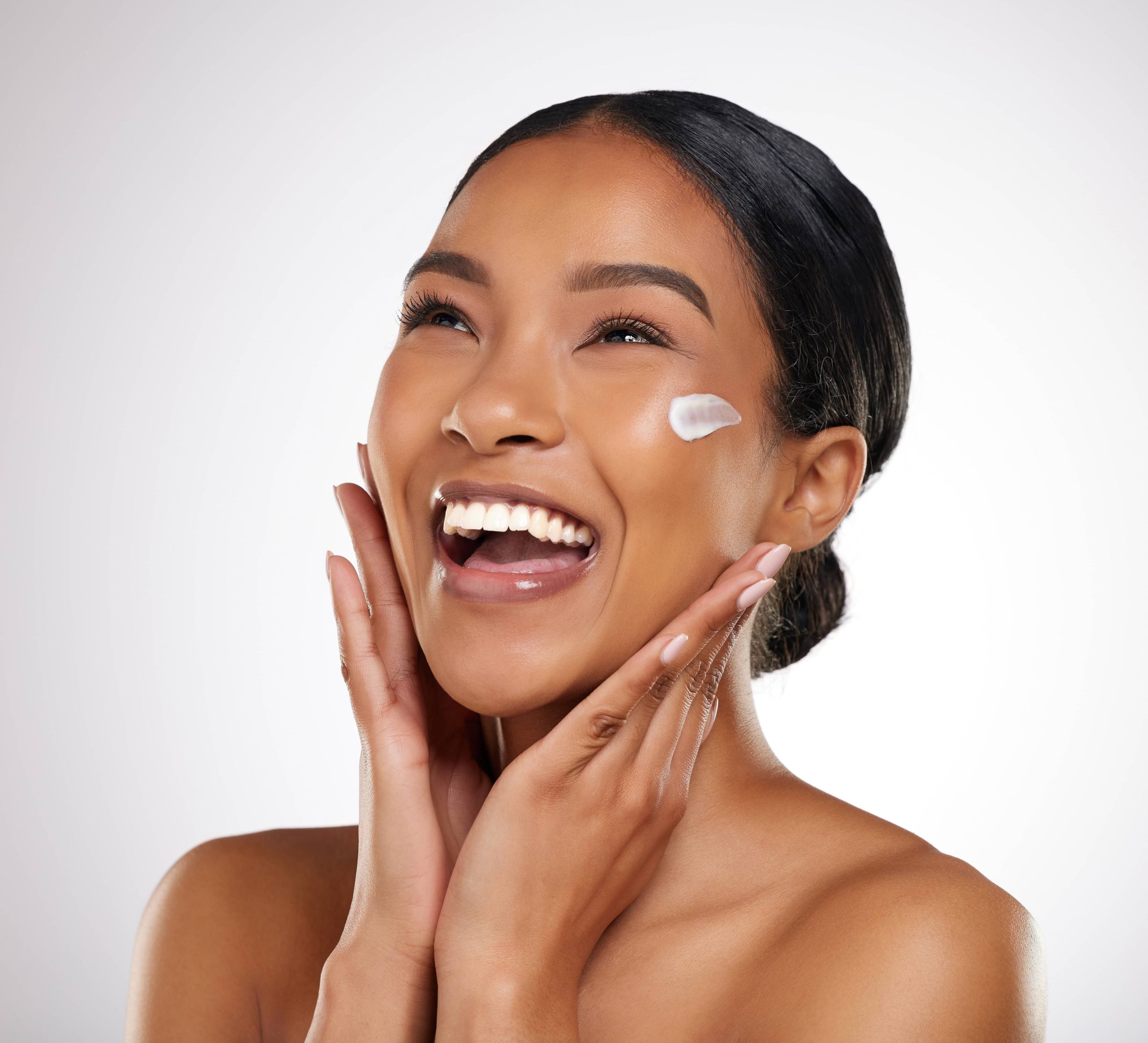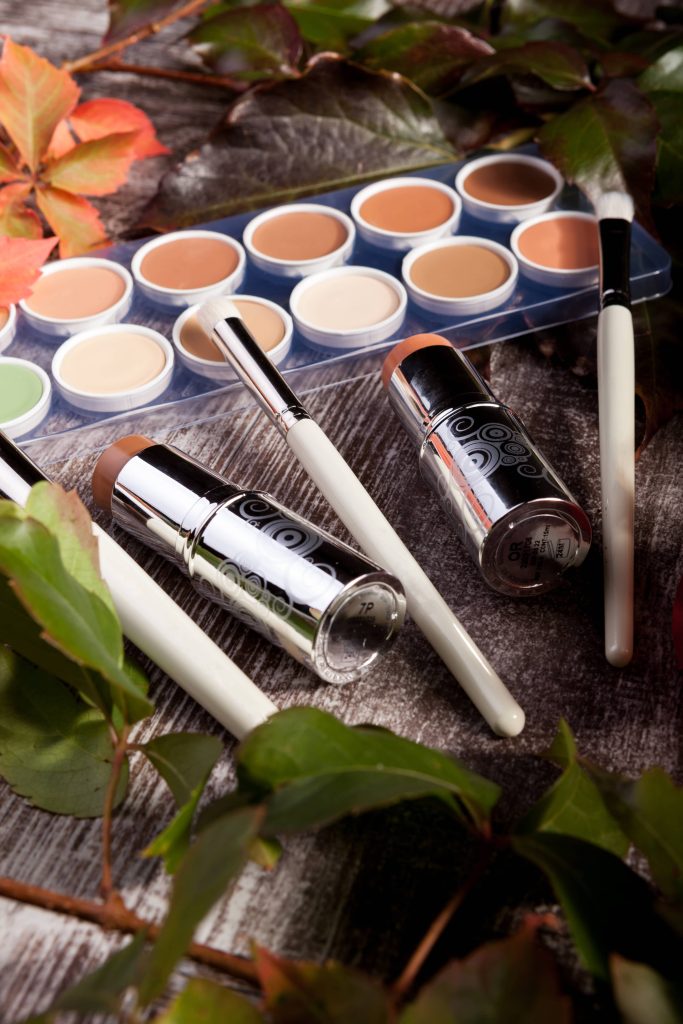
In today’s fast-paced world, stress has become an unwelcome companion in our daily lives. Whether it’s due to work pressures, personal challenges, or the relentless demands of modern living, stress is a common experience for many of us. While it’s well-known that stress can have a dramatic impact on our mental well-being, it also leaves its mark on our physical health, often manifesting visibly on the skin. As a beauty blogger focusing on skincare, it’s crucial to understand the profound relationship between stress and your skin. In today’s post, we’ll delve into how stress affects your skin and explore effective strategies to combat these effects.
How Stress Affects Your Skin
Stress triggers a series of physiological responses in the body, many of which can have detrimental effects on the skin. Here’s how stress can impact your skin’s health:
1. Acne and Breakouts: Stress causes an increase in the production of cortisol, the body’s primary stress hormone. Elevated cortisol levels lead to the overproduction of sebum, the skin’s natural oil, which can clog pores and result in acne breakouts.
2. Inflammation: Stress is known to trigger and exacerbate inflammatory responses in the body. This can worsen conditions like eczema, psoriasis, and rosacea, leading to redness, itching, and irritation.
3. Premature Aging: Chronic stress can accelerate the aging process. It contributes to the breakdown of collagen and elastin, proteins essential for skin’s firmness and elasticity. This results in fine lines, wrinkles, and sagging skin.
4. Skin Sensitivity: Stress disrupts the skin’s natural barrier function, making it more vulnerable to environmental aggressors and pathogens. This can lead to increased sensitivity, dryness, and susceptibility to infections.
5. Delayed Healing: Stress impairs the body’s ability to repair itself. Wounds on the skin, such as blemishes or cuts, may take longer to heal when you’re stressed.
6. Uneven Skin Tone: Stress-induced hormonal imbalances can lead to uneven pigmentation and dullness, impacting the skin’s natural radiance.
Strategies to Address Stress-Induced Skin Issues
Understanding the connection between stress and skin problems is the first step towards addressing them. Here are some effective strategies to help manage stress and its impact on your skin:
1. Mindful Skincare Routine
Create a relaxing and enjoyable skincare routine that doubles as self-care time. Cleanse, tone, and moisturize mindfully, and indulge in treatments like face masks or facial massages. The act of caring for your skin can be therapeutic, helping reduce stress and bringing a sense of calm and relaxation.
2. Practice Stress Management Techniques
Incorporating stress management techniques into your daily routine can have a profound impact on your skin health. Consider activities like yoga, meditation, deep breathing exercises, or even a simple walk in nature. These practices can help lower cortisol levels, reducing stress and easing its effects on the skin.
3. Prioritize Sleep
A good night’s sleep is essential for the body’s natural repair processes. Aim for 7-9 hours of quality sleep each night to allow your skin to regenerate and recover from daily stressors. Invest in a comfortable bedtime routine, including a sleep-friendly environment, to promote restful sleep.
4. Maintain a Balanced Diet
Nutrition plays a crucial role in skin health. Consume a diet rich in antioxidants, vitamins, and minerals to support your skin’s natural defenses. Foods like berries, leafy greens, nuts, and seeds can help combat oxidative stress and inflammation. Additionally, stay hydrated to ensure your skin remains supple and radiant.
5. Seek Professional Help
If stress is taking a severe toll on your skin or life, consider seeking help from a mental health professional. Therapists and counselors can provide valuable tools and coping strategies to manage stress effectively, which can in turn improve your skin health.
6. Regular Exercise
Physical activity is a powerful stress-reliever. Regular exercise boosts endorphin levels, improves blood circulation, and reduces stress hormones. These benefits extend to your skin, promoting a healthy glow and aiding in the reduction of stress-induced acne and inflammation.
7. Invest in Stress-Combatting Skincare Products
There are products designed specifically to address stress-related skin issues. Look for skincare items containing soothing ingredients like chamomile, aloe vera, or hyaluronic acid. These ingredients can help ease redness, replenish moisture, and calm irritated skin.
8. Limit Caffeine and Alcohol
Both caffeine and alcohol can worsen stress and its impact on your skin. Caffeine can increase anxiety levels, while alcohol dehydrates the skin and may exacerbate inflammation. Moderation is key to keeping their effects on your skin in check.
9. Connect with Loved Ones
Social support is a vital component of stress management. Spend time with family, friends, or loved ones, sharing experiences and laughter. This emotional connection can have a calming effect, reducing stress levels and its impact on your skin.
Conclusion: Embrace a Holistic Approach to Skin Health
Stress is an unavoidable aspect of life, but its effects on the skin can be managed with a holistic approach. By understanding how stress impacts your skin and implementing these strategies, you can foster a skincare routine that nurtures both your skin and well-being. Remember, beauty isn’t just about what you apply externally; it’s about cultivating a lifestyle that supports your overall health. Prioritize stress management, embrace self-care, and allow your skin to reflect the balance and inner peace you cultivate in your life. Your skin will thank you with a radiant and youthful glow, proof of the care and attention you’ve devoted to it.



